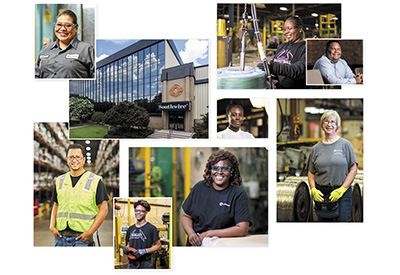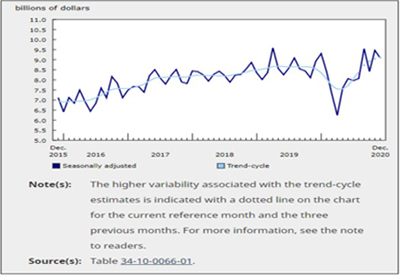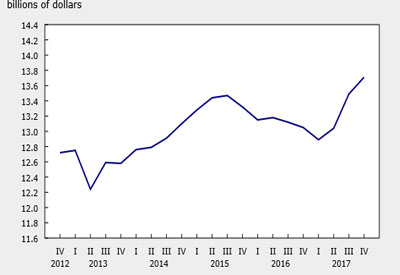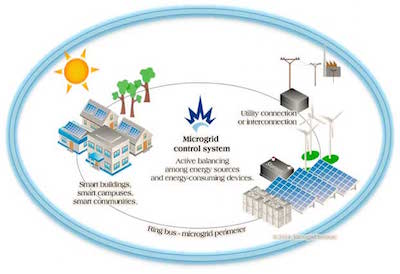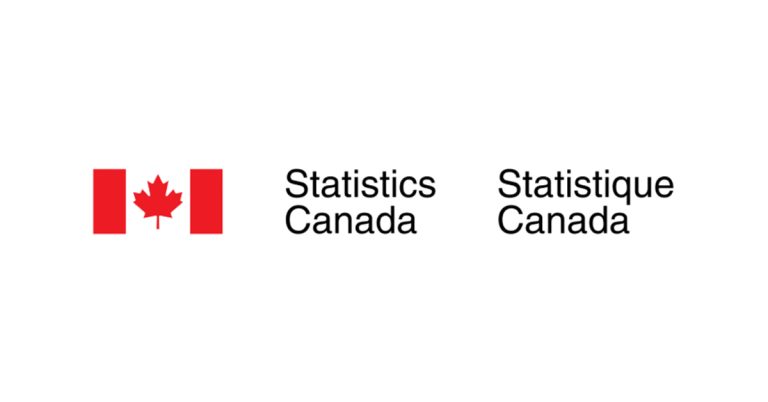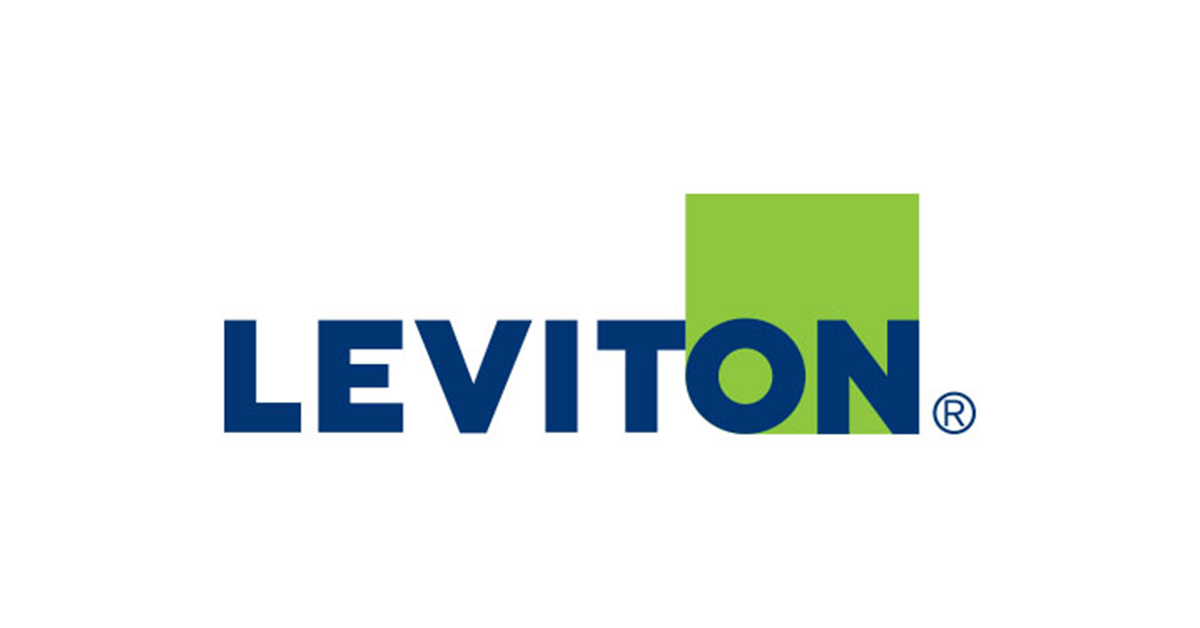12 Reasons Why Distributors Need to Amp-up Their Voice of the Customer Efforts

July 25, 2019
By Frank Hurtte
Today, more than ever, the need for an unvarnished look at customer opinions is of unparalleled importance. Sounds like hype? It’s not.
Here are a dozen reasons why.
1. We are in the midst of a massive generational shift. Millennials come to the workplace with a much different mindset than your customers of old. What’s more, they are finding their way into leadership positions and their buying power is steadily increasing. They are impatient for change. They question the way things are done. As digital natives, Millennials are more than ready to toss your sales team aside and move onward to another supplier.
2. The choices of communications with customers have gone from phone and fax to a thousand options. Chats on social media, instant messaging on your website, text messages, and new options in development are quicker and easier for your customers. Each customer contact will do business with the organization that matches their preferred method of contact. Do you really know how your customers want to talk to you?
3. The number of options for customers to buy our products continues to expand. Credible webstores are popping up everywhere. Some are specialty houses carrying a stock of seldom used but important products. Others are the work of large logistics providers. A few are the digital sales offerings of our suppliers. Your customers no longer have to wait for long lead times on long-tail products (the stuff we sell so infrequently most don’t carry them in stock.) Research indicates Amazon and a few others are using the long-tail items to gather information on our customers.
4. Social media and other internet-based tools allow others better and remote insight into our customers. In the “good old days,” it was hard to find the right person to sell your products. Thanks to platforms like LinkedIn, a remote competitor can mine your customer base for contacts by position and responsibility. With automated data-gathering tools like LinkedIn Helper, they can gather information on your entire territory with the click of a mouse. Expect more of this in the future.
5. Expectations tied to websites and other digital initiatives have skyrocketed. Some of our websites are pathetic. Most distributors tend to see websites as long investments, but to the rest of the world, a three-year-old website is ancient. If your website doesn’t add value, you might be losing new business. If it looks old and decrepit, you could lose existing business. The real question is, how do you know what your customers are thinking?
6. Improvements in logistics continue to shrink our world — geography doesn’t protect us. Back in the day, a local presence provided real customer value. While the whole buy local sentiment seems to linger in the consumer market, our industry doesn’t particularly lend itself well to the buy local strategy. Logistics-based distributors have set up networks of central distribution centres and worked special deals with freight companies to provide next day service to just about anywhere in the world. Your customers know this and are behaving accordingly. How do you know where you stand in their thoughts?
7. Customers continue to seek greater productivity. Customers are looking for more productivity. They are changing the way they do things and how products are purchased. A few years ago the whole supply contract trend caught a few otherwise great distributors off guard. Generally, this type of conversation is outside the realm of daily sales activities. How do you know which customers are planning for some other big move?
8. Business leaders at our customers question the real value of our service while technical contacts within our customers can’t easily articulate the financial impact. According to research conducted several years ago, the number one complaint business leaders had with their technical teams was their apparent inability to understand the financial drivers behind their actions and purchases. This means your values might not be appreciated by the right people at your accounts. Further, our salespeople do a poor job of establishing a dialogue with the business leaders at accounts. Your situation could be different, but how do you really know?
9. Technical innovations like Artificial Intelligence (AI) is getting smarter every day. Companies are using these for everything and analyzing distributor purchases is likely one of them. They could be working on models to institute automated purchasing, which requires preplanning on your end. Do you know?
10. The Industrial Internet of Things (IIoT) and Industry 4.0 are roaring forward in manufacturing. This isn’t a threat but an opportunity for many distributors to get even more deeply involved in their customers’ processes. Knowledge-based distributors have expertise in machine operation, uptime monitoring and lots of other things. We all hear about this stuff happening in other parts of the country, but could it be happening with your customers? Don’t let your competitors win this missed opportunity.
11. Training of new workers is highly ranked as a growing issue by customers of all kinds. It is my hope that most distributors are currently providing at least some level of fee-based training to their customers. If not, now is the time to push things into high gear and quickly get it going. If you are, do you know all of the technologies, procedures and other topics your customers need training on? If you don’t ask, they won’t tell you and not every customer contact knows the training shortfalls of the entire organization. Remember, Training is the New Marketing.
12. Outsourcing of services continues to shift the way business works. Tied closely behind training comes opportunities for fee-based services. Distributors have an unprecedented opportunity to capture dollars and protect themselves from outward threats. What would happen if your customer decided to outsource maintenance, engineering or some other piece of the business? Would you be prepared? Do you know their plans?
Voice of the customer surveys
Experience dictates much of this information is not properly flowing from customer to salesperson to distributor management. Our salespeople are often too engaged in customer transactions to really hear the message. Other times, the people sellers talk to the most are not cognizant of the bigger picture within their organization. Concerns with confidentiality play a part in many industries, but the message is clear — distributors need to amp up their efforts to listen to customers.
Surveys and polling aren’t just for politicos trying to capture the minds of voters. A well-crafted survey can answer many, most, perhaps even all of these questions. We can help.
Frank Hurtte is the Founding Partner of River Heights Consulting. The Distributor Channel is a service of River Heights Consulting. Find out more: www.RiverHeightsConsulting.com.


